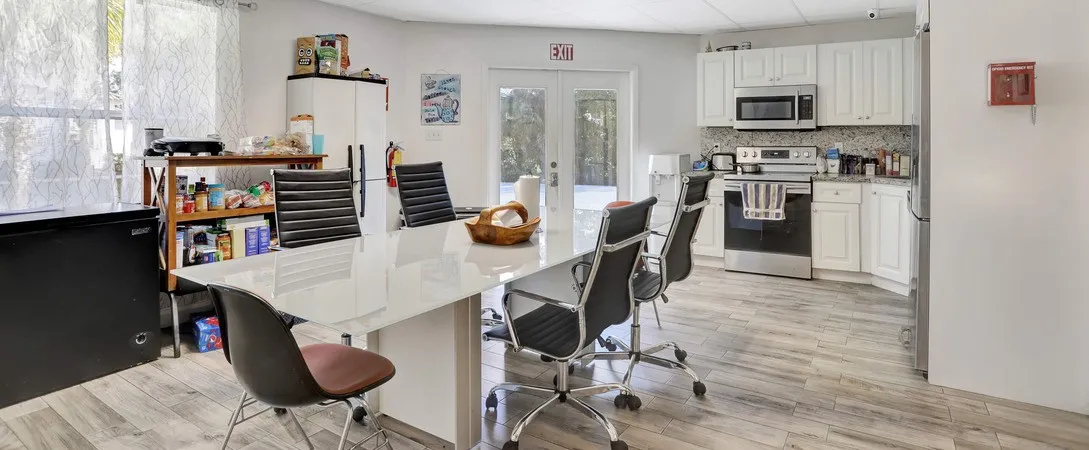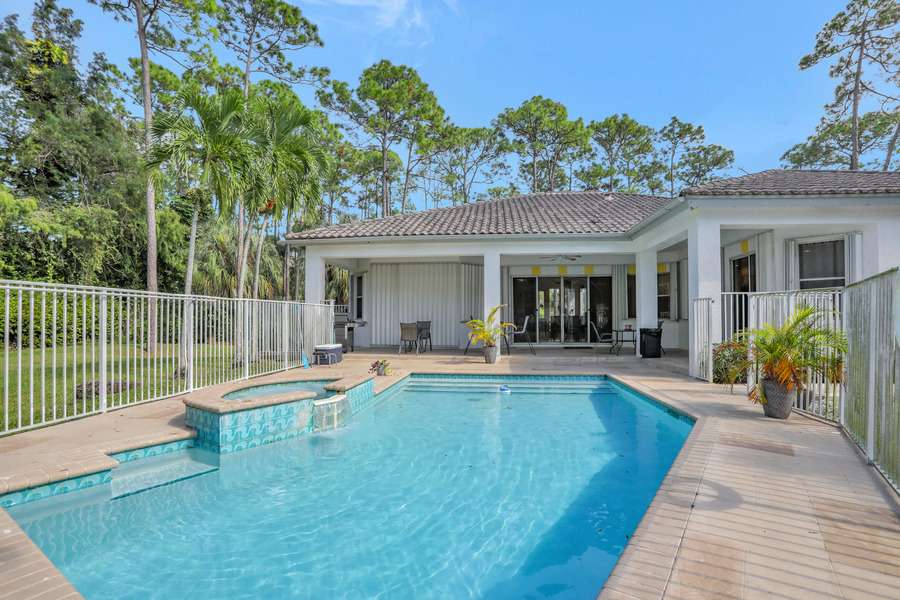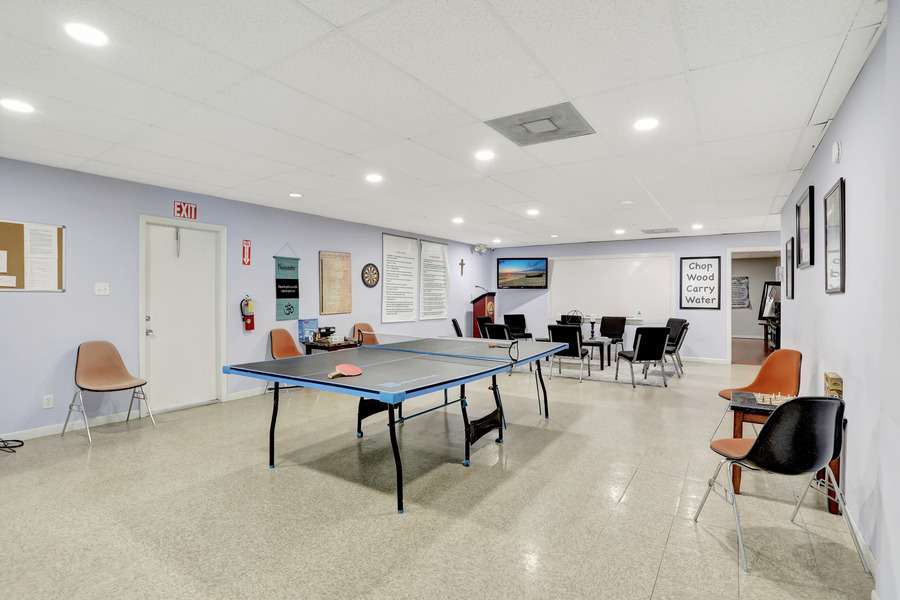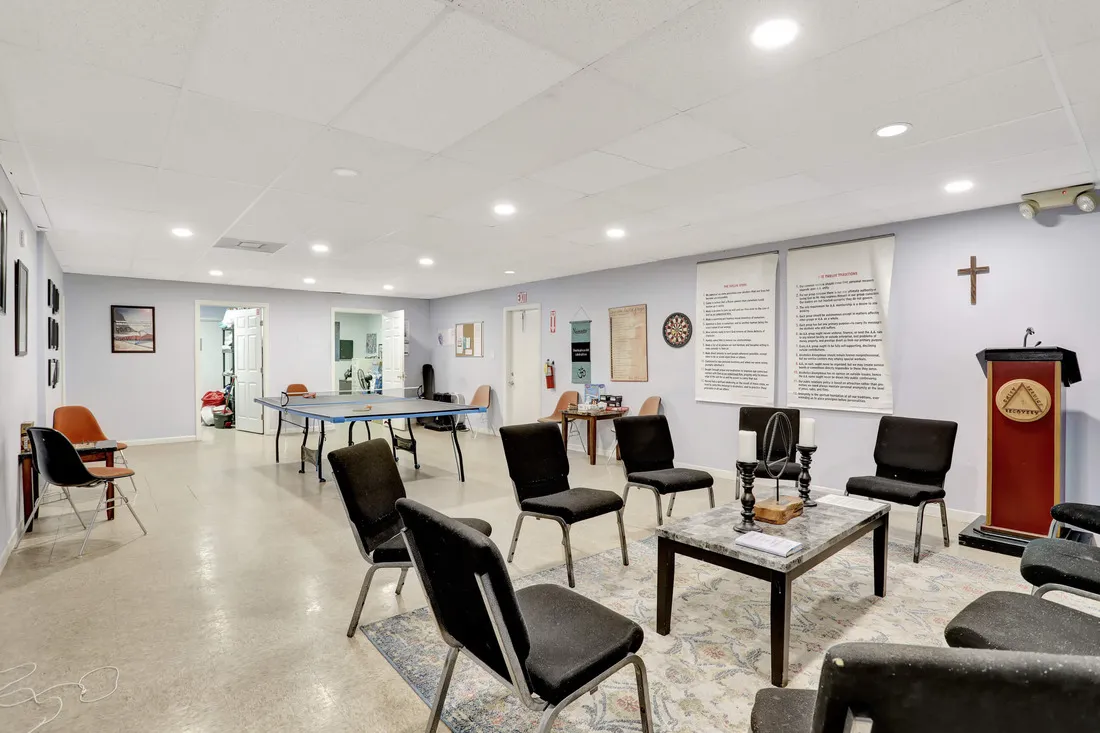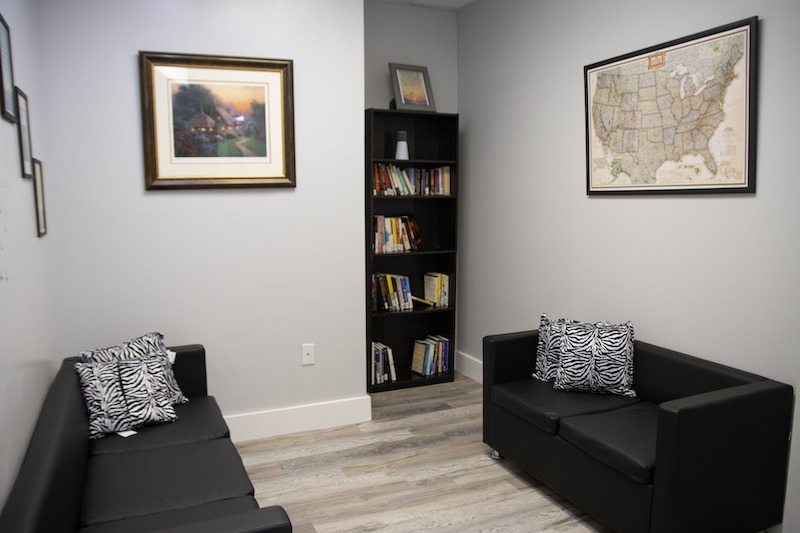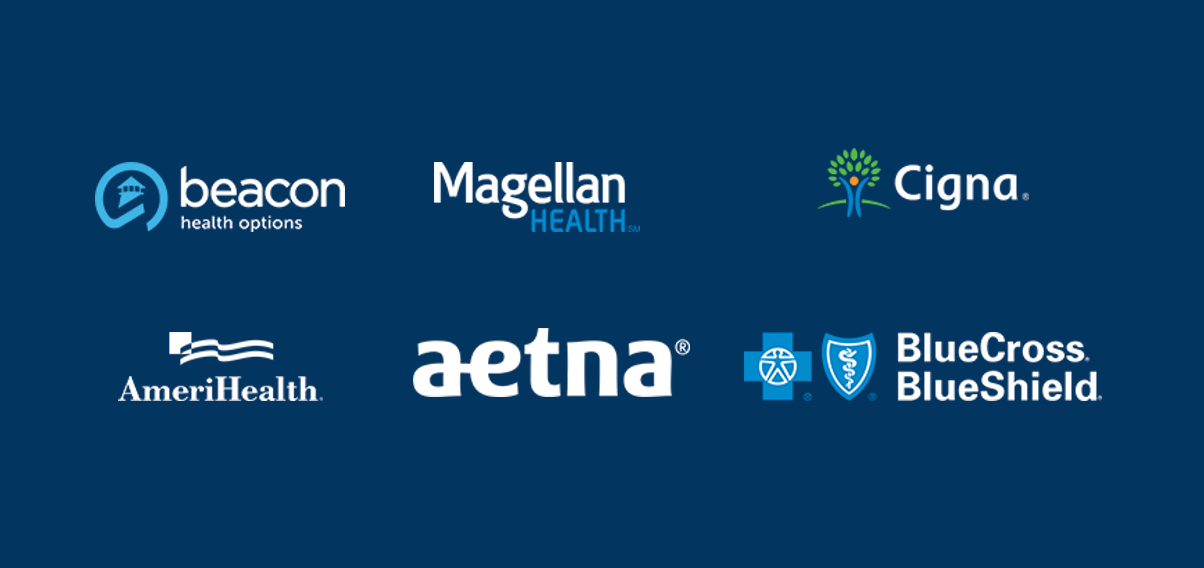Below, we’ll explore the nurturing environment of a male residential treatment center and how you can access psychological wellness and emotional balance for yourself or a loved one. Our dedicated facility offers a supportive setting for men seeking comprehensive mental well-being support.
The Sylvia Brafman Mental Health Center, located in the heart of South Florida, is a leading provider of evidence-based mental health treatment. Along with our robust staff of nationally recognized thought leaders in mental health treatment, our facility is distinguished by its Joint Commission accreditation, reflecting our unwavering commitment to excellence in healthcare. We are proud to offer a range of services, including inpatient mental health care, residential psychiatric treatment, and outpatient programs. Through supportive lodging complementing our PHP program as well as our IOP services, we are well-equipped to meet diverse needs and provide comprehensive mental health rehabilitation through a full continuum of care.
Discover our tailored programs and life-changing treatments that empower and nurture your journey towards healing.
